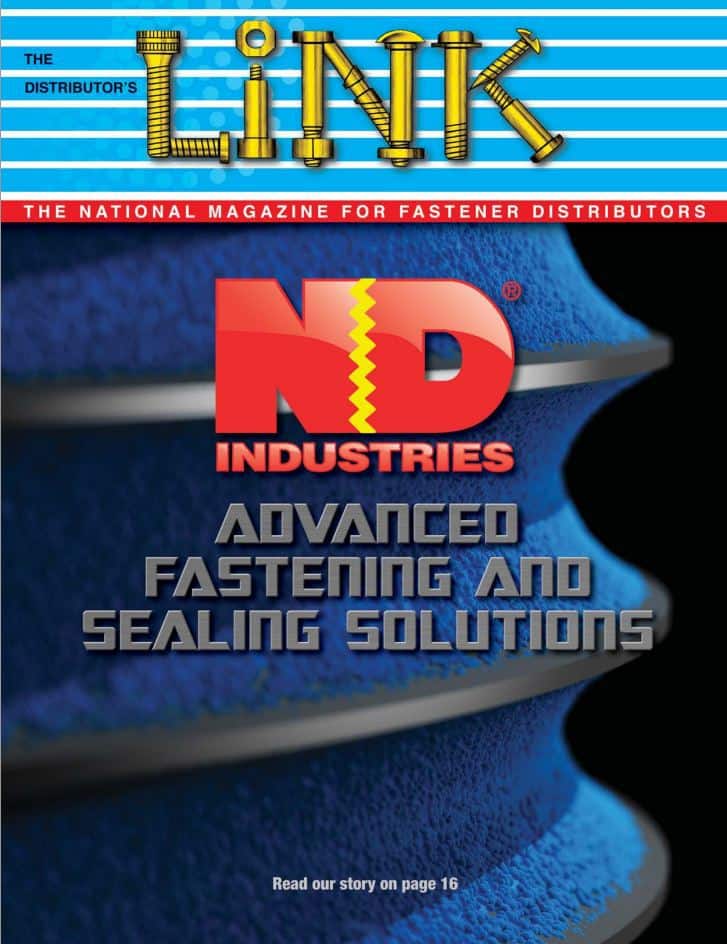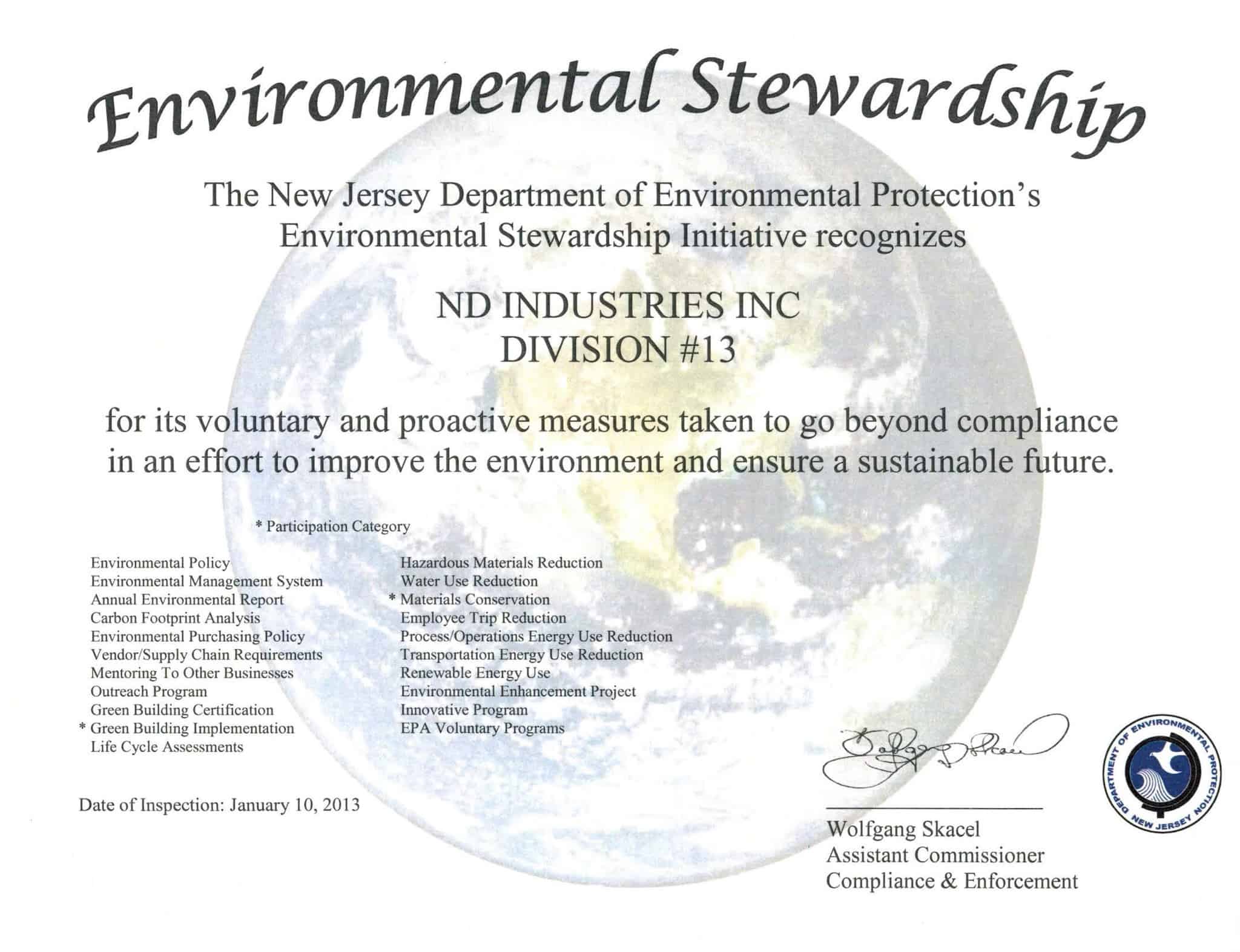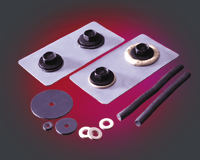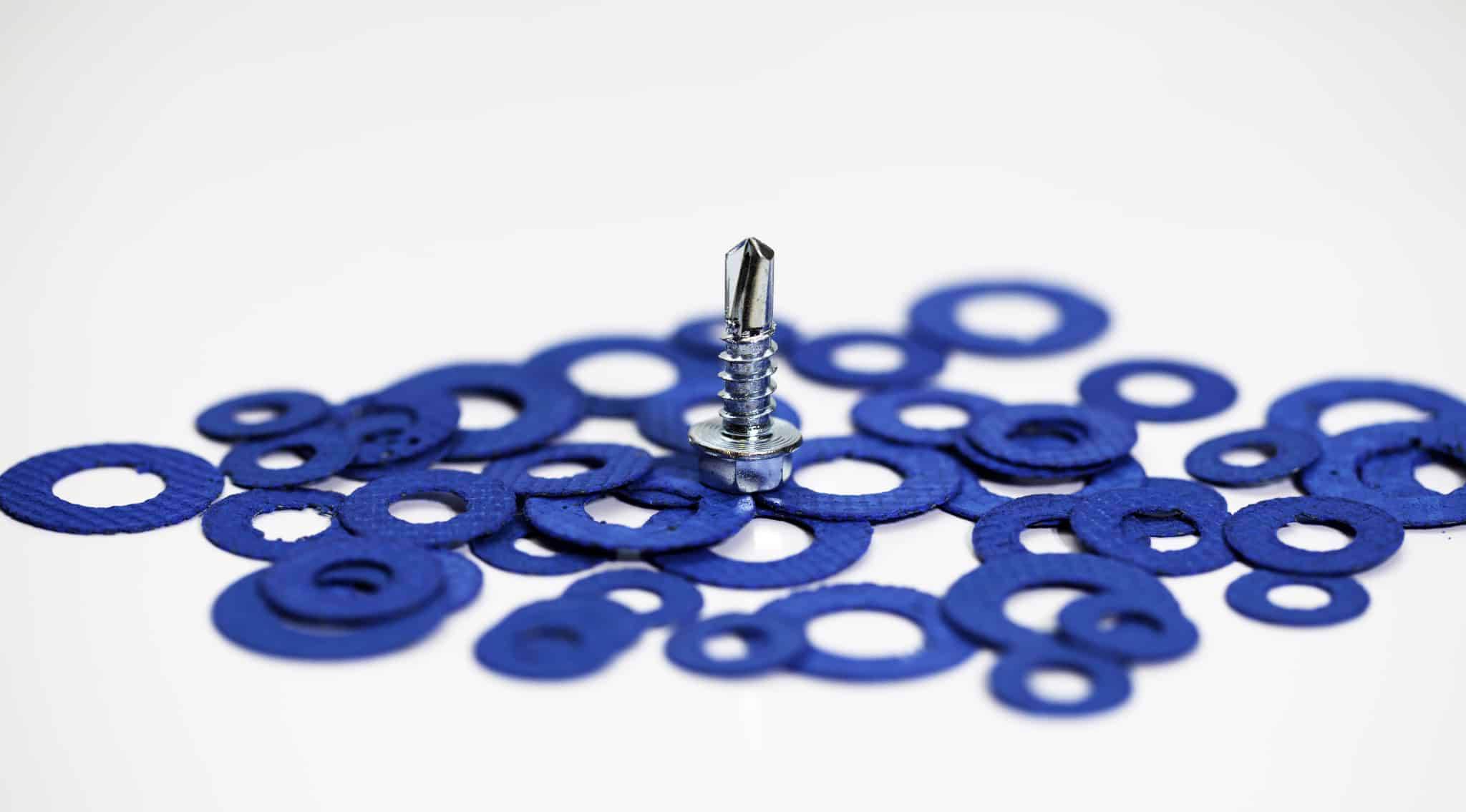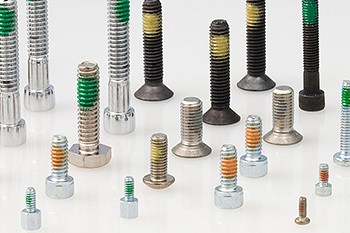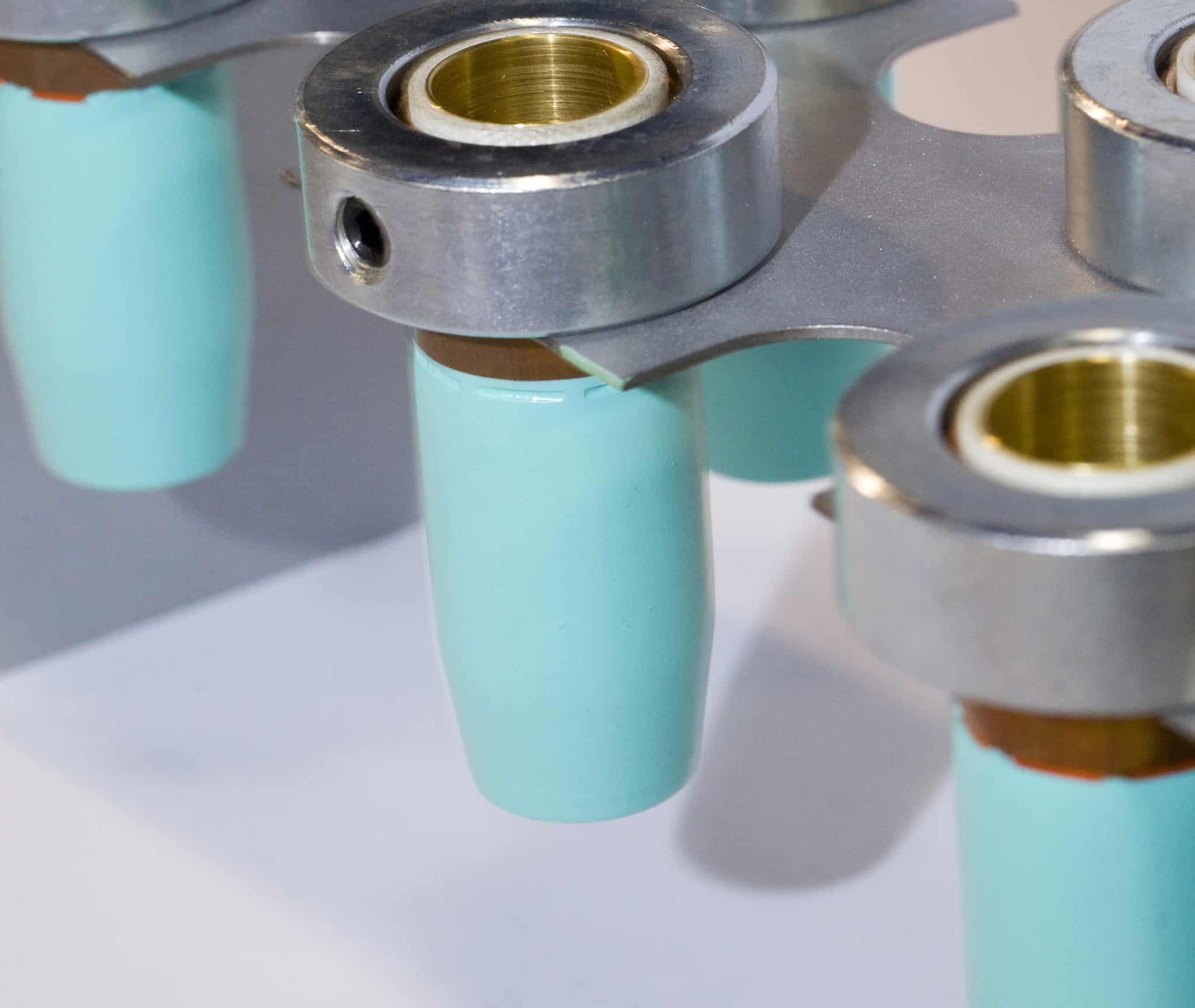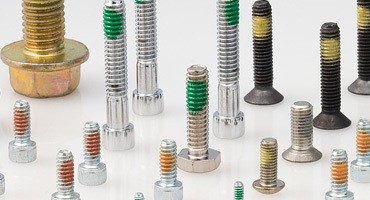ND Expands R&D Department
ND Technologies Group, which conducts all ND Industries research and development activities, has expanded by relocating to a newly acquired building in Troy, Michigan, across the street from its former location. The 7,600 square foot area, nearly double the former R & D footprint, provides...
Read MoreRead More


